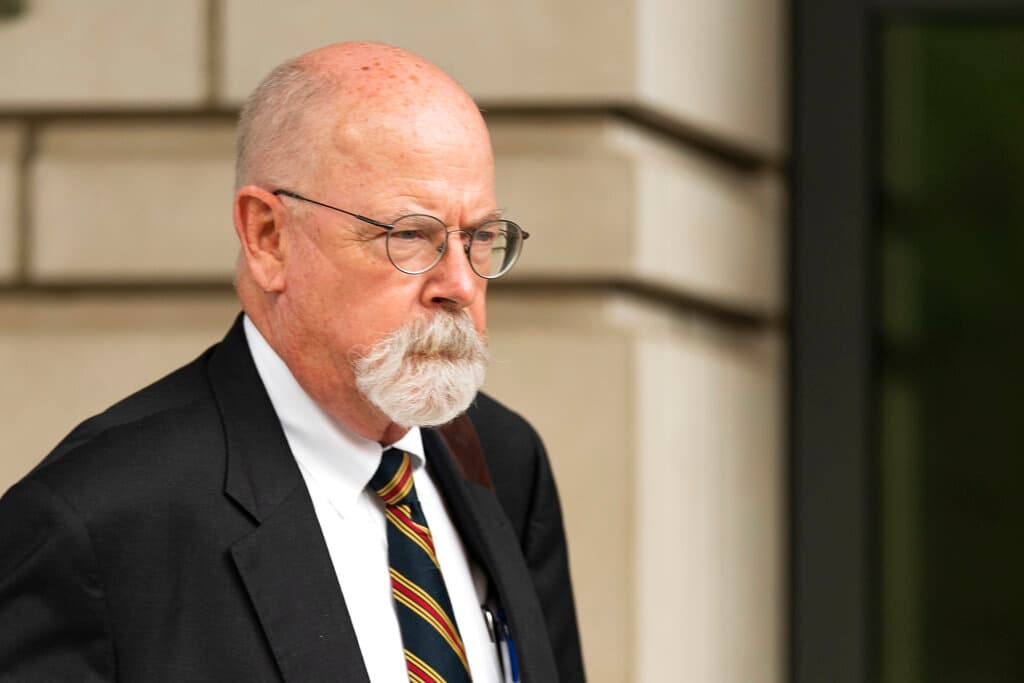Will Durham’s Inquiry End With a Whimper — or a Bang?
The real target of an upcoming trial could prove to be the FBI itself.

Whether Special Counsel John Durham’s inquiry ends with a bang or a whimper will depend, it appears, on how the upcoming trial goes for a man accused of lying to the FBI. If that sounds anticlimactic, it’s because Mr. Durham’s previous attempt to try someone for deceiving G-men fizzled when a Clinton campaign lawyer, Michael Sussman, was acquitted. Yet the real target of this upcoming trial could prove to be the FBI itself.
Please check your email.
A verification code has been sent to
Didn't get a code? Click to resend.
To continue reading, please select:
Enter your email to read for FREE
Get 1 FREE article
Join the Sun for a PENNY A DAY
$0.01/day for 60 days
Cancel anytime
100% ad free experience
Unlimited article and commenting access
Full annual dues ($120) billed after 60 days

